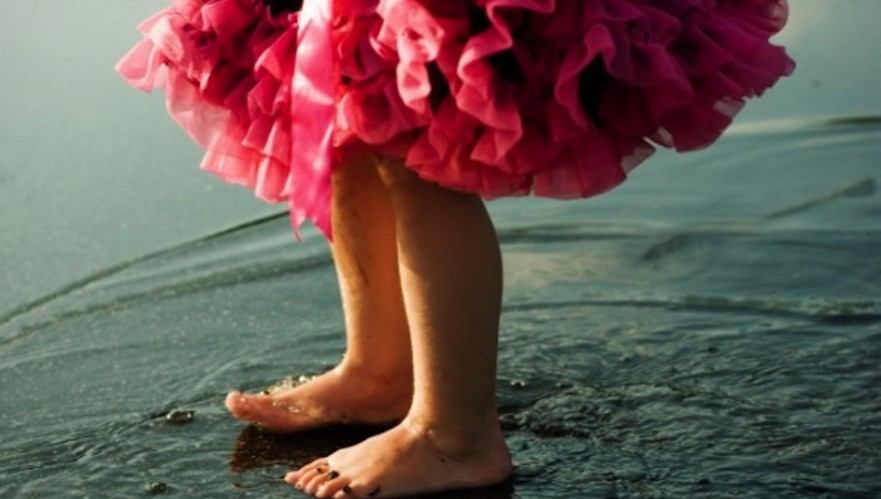The Power of “Yes”
Reposted from June 2013
by Mary Hartzell
Parents are the scribes of their children’s stories and by reflecting these stories, children learn who they are. Children are very aware of all the messages we give them, both verbal and non-verbal. Take a day and listen to yourself and what you say to your child. Are you focusing only on what you find them doing “wrong”? If you find yourself focusing on the negative — stop! Take a break and see if you can find a more positive way to address the “problem.” In this way you will be able to include your child in making a plan that works. I always like to ask the child “What do you think will work?” Often their suggestions are better than we could ever invent ourselves.
Too many “no’s” can discourage young children from exploring and investigating their environment, which is one of their primary ways of learning. When children are thwarted from their investigations, it can be irritating and your child won’t feel like listening at all. How many “No, stop, don’ts!” do you hear yourself saying in a day? Take a minute to imagine this scenario:
You are driving across town at rush hour. There are already the usual stoplights and traffic that you expect, but every other block, there is a new stop sign that was never there before. You are so excited to get home after a long day, but you get stopped over and over on your way to your goal. How do you feel? I bet you’re feeling pretty grumpy – a little Road Rage, maybe? This is what it can be like for a small child on a daily basis.
When your child has been told “no” repeatedly and is understandably in a disagreeable mood, you can almost be sure that another request from you won’t be positively received. (Wouldn’t you feel the same?) Instead, think how you might be able to engage your child in a positive way that will in effect help him or her be more cooperative.
If your child is throwing a tantrum wait close to him or her. When your child is calm, you may be able to help her process her feelings and think of some ways that may bring better results. You can help her process what provoked the tantrum. Your approach is more likely to be received if you make a positive connection with your child by letting her know you understand how hard it is to wait when you really want a popsicle, NOW! Maybe you can ask her what she would like to do while she is waiting for that popsicle, which will come after lunch. Make a suggestion if you think it would be helpful. Or just listen.
Ask yourself in each instance of misbehavior, “How can I help my child find an alternative way of behaving without reinforcing the behavior I would like to see stopped or changed?” How can I turn this “no” into a “yes”?
One important thing to remember is that if you want your child to change you must be willing to change as well. Your child is doing the best at that point in time to get his/her needs met. Help him learn more successful ways by taking the time to really listen to his feelings and perhaps even find a way to mutual satisfaction, together.
Mary Hartzell has over 30 years experience working with children, parents, and teachers. She is the director of First Presbyterian Nursery School, a Reggio inspired early childhood program in Santa Monica, California. Mary teaches parent education classes and has a private consulting practice. She is an adjunct professor Santa Monica college. Mary has appeared on NPR, CBS news, and Century Cable television as an expert in child development and parenting issues. Her CD, “Parent/Child Relationships” is the first in a series of resources for parents. Mary is co-author with Daniel J. Siegel of Parenting From the Inside Out. Published by Penguin Putman Press, (2003)
Please share your thoughts/anecdotes/musings about this topic below in the comments section. We love hearing from you – and one comment will be featured in our newsletter.
The Mother Company aims to support parents and their children, providing thought-provoking web content and products based in social and emotional learning for children ages 3-6. Check out episodes of our “Ruby’s Studio” children’s video series, along with our beautiful children’s books, apps, music, handmade dolls, and more.
Posted in: Behavioral Issues, Expert Advice, Mindfulness, Modern Parenting